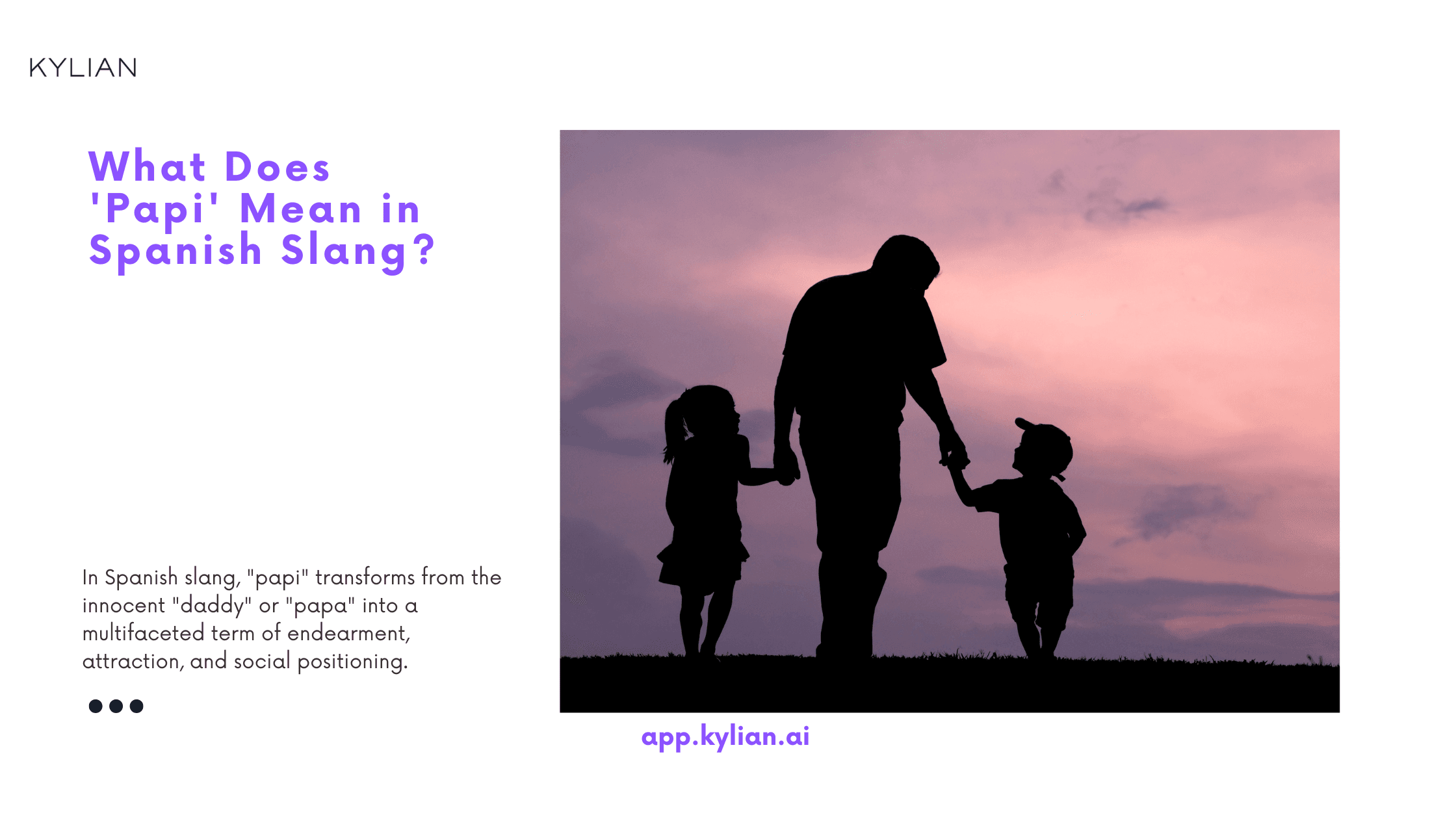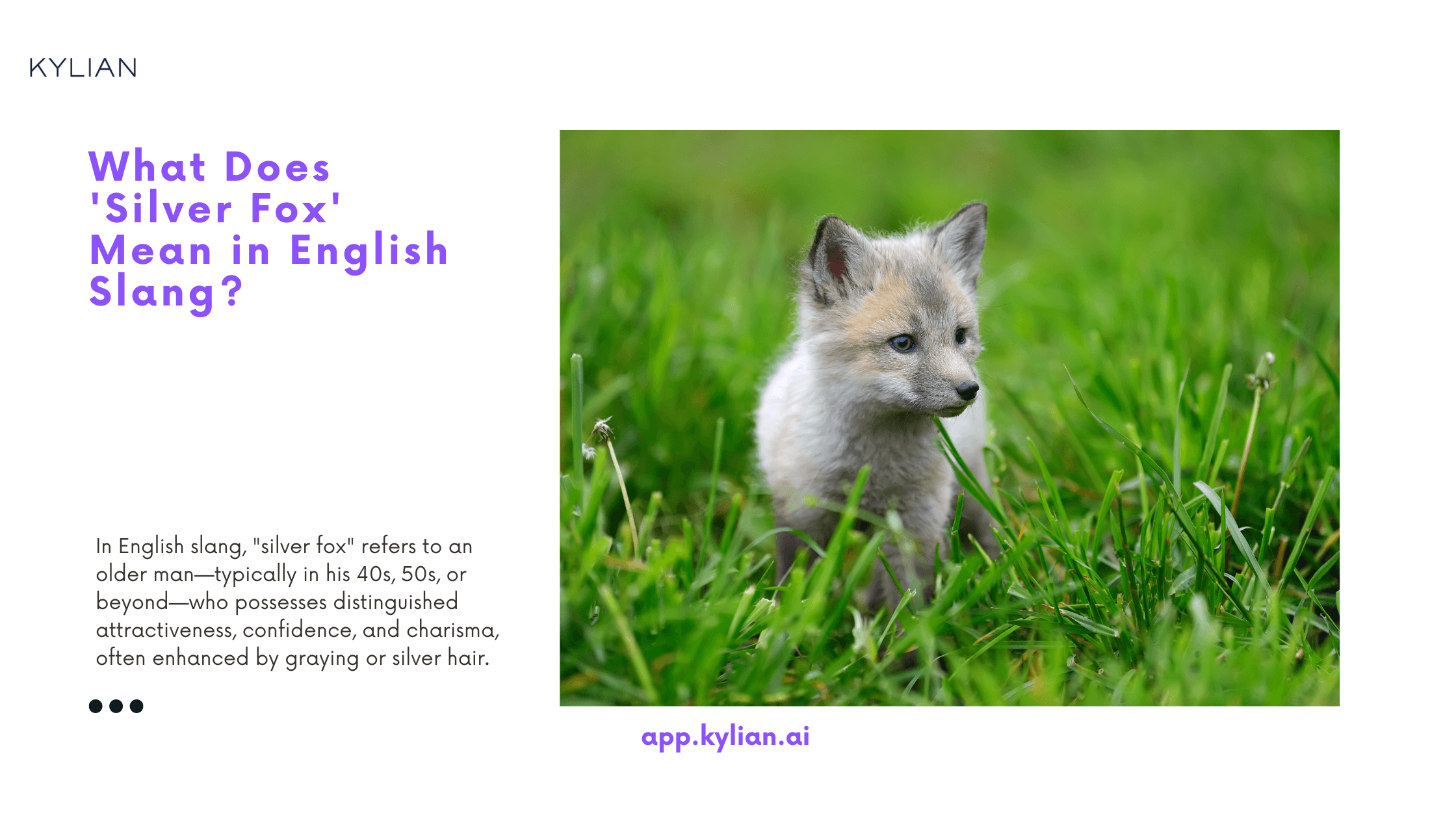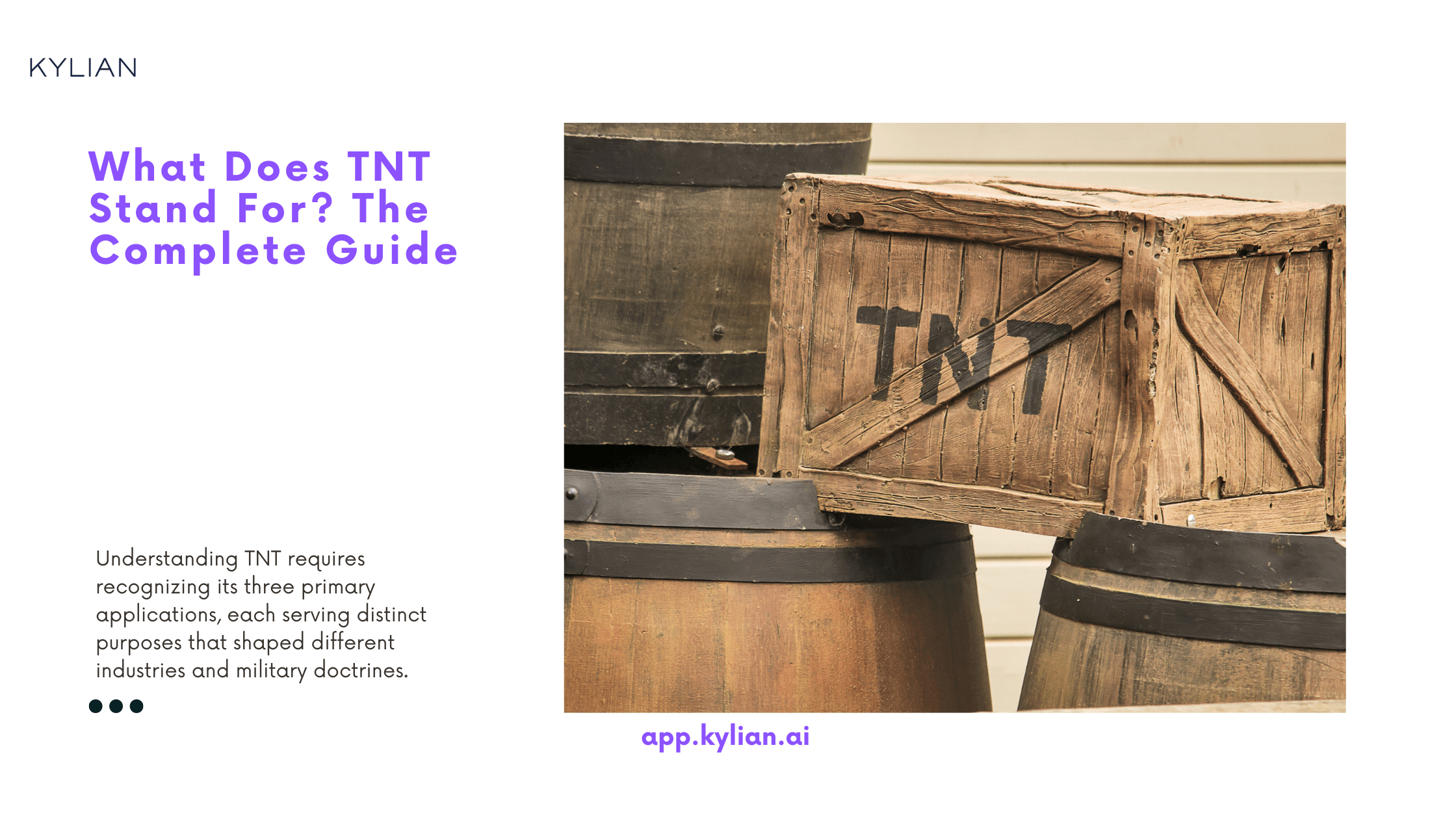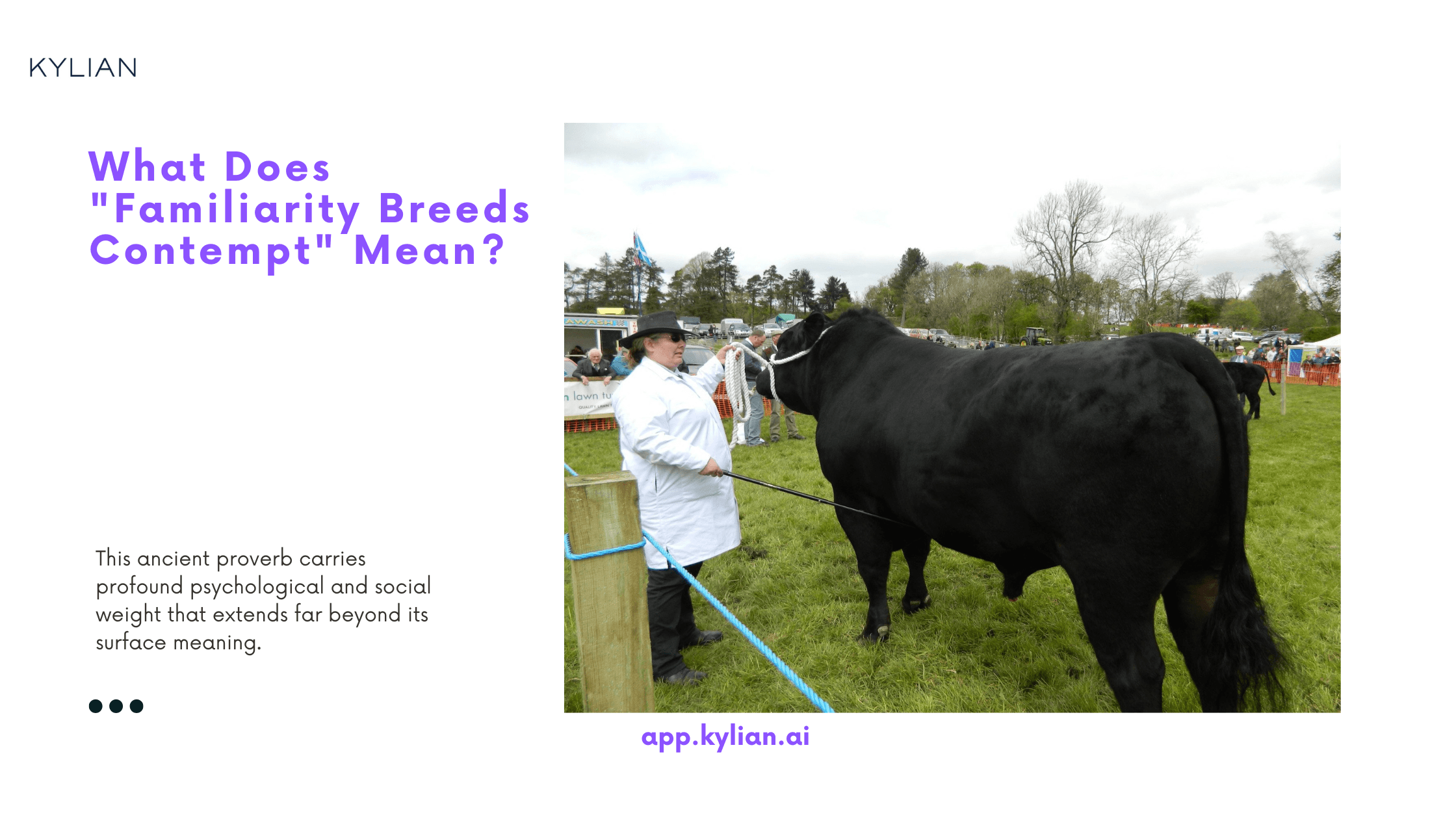

What Does 'Muffin' Mean in English Slang?
English speakers frequently use "muffin" in contexts that have nothing to do with baked goods, leaving non-native speakers confused about its actual meaning. This disconnect between literal and figurative usage creates a gap in understanding that affects both casual conversations and cultural comprehension. "Muffin" as slang primarily functions as a term of endearment, similar to "sweetheart" or "honey," but carries distinct connotations that vary significantly based on context, relationship dynamics, and regional usage patterns. The evolution of food-related terms into affectionate language reflects broader linguistic patterns where familiar, comforting objects become vehicles for expressing intimacy and care. Understanding "muffin" in its slang context requires recognizing these underlying emotional associations while grasping the specific social boundaries that govern its appropriate usage.


German Colors: Complete Guide to Vocabulary & Idioms
Understanding German colors extends far beyond simple vocabulary memorization. These linguistic elements carry cultural weight, historical significance, and communicative power that transforms basic conversations into culturally rich exchanges. When Germans say someone is "blau," they're not describing clothing—they're indicating intoxication, revealing how color terminology penetrates everyday discourse in unexpected ways. This comprehensive analysis examines German color vocabulary through multiple lenses: foundational terminology, cultural applications, idiomatic expressions, and practical usage patterns. The data reveals that German color usage demonstrates unique linguistic characteristics that directly impact conversational fluency and cultural comprehension.


What Does 'Playa' Mean in Spanish Slang?
So you hear Spanish native speakers say 'playa' but aren't sure what it means beyond the obvious "beach"? The disconnect between textbook Spanish and street Spanish creates a critical gap in comprehension. Most Spanish learners master the literal translation but miss the cultural and contextual layers that make this word particularly complex in contemporary usage. 'Playa' in Spanish literally means "beach," but its slang applications extend far beyond coastal geography. Understanding these nuanced meanings separates intermediate learners from those who truly grasp Spanish as it's spoken in real conversations. The word carries different connotations across Spanish-speaking regions, making it essential to understand not just what it means, but how context shapes its interpretation.


What Does 'Papi' Mean in Spanish Slang?
Native Spanish speakers drop "papi" into conversations with such casual confidence that non-speakers often find themselves completely lost in translation. This isn't your textbook Spanish—this is the raw, unfiltered language of the streets, social media, and intimate relationships that dictionaries rarely capture accurately. Understanding "papi" matters because it represents a fundamental shift in how Spanish speakers navigate power dynamics, intimacy, and cultural identity in modern communication. The word carries weight that extends far beyond its literal meaning, functioning as a linguistic bridge between traditional respect and contemporary expression. In Spanish slang, "papi" transforms from the innocent "daddy" or "papa" into a multifaceted term of endearment, attraction, and social positioning. The evolution reflects broader cultural movements where language adapts to express complex emotional and social realities that formal vocabulary cannot adequately address.


What Does 'Fresh' Mean in Modern Slang?
You've likely encountered native English speakers using "fresh" in ways that have nothing to do with produce or air quality, leaving you puzzled about its actual meaning. The evolution of "fresh" from its traditional definitions to contemporary slang represents a fascinating case study in how language adapts to cultural shifts. In modern slang, "fresh" primarily means new, cool, impressive, or stylish—but this surface-level understanding barely scratches the complexity of its current usage patterns. The slang application of "fresh" emerged from urban communities in the 1980s, particularly within hip-hop culture, where it described something original, innovative, or aesthetically appealing. This linguistic evolution matters because "fresh" has become one of the most versatile descriptors in contemporary English, crossing demographic boundaries and establishing itself as essential vocabulary for anyone seeking authentic communication with younger English speakers.


What Does 'Silver Fox' Mean in English Slang?
You've encountered English speakers using "silver fox" in conversations, social media, or entertainment, but the meaning remains elusive? This expression carries cultural weight that extends far beyond its literal interpretation. In English slang, "silver fox" refers to an older man—typically in his 40s, 50s, or beyond—who possesses distinguished attractiveness, confidence, and charisma, often enhanced by graying or silver hair. The term emerged from the intersection of wildlife imagery and human attraction psychology. Just as a silver fox in nature commands respect through its maturity and striking appearance, a human "silver fox" embodies sophisticated appeal that younger men often lack. This isn't merely about physical appearance; it encompasses wisdom, experience, financial stability, and the confidence that comes with life experience.


What Does 'Buck' Mean in English Slang?
Native speakers toss around the word "buck" in conversations, leaving non-native English learners puzzled about its actual meaning. This linguistic confusion stems from a fundamental gap: "buck" means dollar as in the American currency or money, but its usage extends far beyond simple monetary references. The word carries cultural weight that transcends its dictionary definition, functioning as a cornerstone of American colloquial expression that reflects economic attitudes, social dynamics, and communication patterns. Understanding "buck" matters now more than ever because economic discussions dominate contemporary discourse. Whether you're navigating business negotiations, casual conversations, or media consumption, this term appears with striking frequency. The linguistic sophistication required to decode its contextual meanings separates fluent speakers from those still mastering English nuances.


What Does 'Snake' Mean in English Slang?
So you hear English native speakers call someone a "snake" but struggle to grasp the underlying meaning? The term transcends its literal reptilian definition to represent something far more complex and culturally significant in modern English discourse. When English speakers use "snake" as slang, they're invoking a powerful metaphor that captures deception, betrayal, and calculated manipulation—characteristics that make this expression particularly relevant in today's social and professional environments where trust becomes increasingly valuable. The snake slang expression fundamentally describes someone who appears trustworthy on the surface while harboring malicious intentions beneath their facade. This duality makes the term especially potent because it captures the shock and disappointment that accompanies discovering someone's true nature after believing in their sincerity.


What Does "Combo" Mean?
English speakers frequently use "combo" in daily conversations, yet many non-native speakers struggle to grasp its complete meaning and proper usage. The term "combo" serves as a shortened form of "combination," but its applications extend far beyond simple mathematical concepts. Understanding "combo" becomes essential for English learners because it appears across multiple contexts—from casual dining to business strategy discussions—making it a versatile addition to your vocabulary arsenal. The significance of mastering "combo" lies in its frequency and contextual flexibility. Unlike many English words that maintain rigid definitions, "combo" adapts to various situations while retaining its core meaning of elements working together. This adaptability makes it both useful and potentially confusing for learners seeking precision in their English communication.


Plural of Attorney: Different Forms & Usage Rules
The legal profession demands precision in language, yet confusion persists around one fundamental question: what is the correct plural of attorney? While "attorneys" stands as the standard American English form, the complexity emerges when considering context, regional variations, and formal versus informal usage. Understanding these distinctions matters beyond academic correctness. Legal professionals, business communicators, and anyone interfacing with the legal system must navigate these linguistic nuances to maintain credibility and clarity. This guide examines every aspect of attorney pluralization, from everyday usage to specialized legal contexts.


What Does TNT Stand For? The Complete Guide
You've encountered the abbreviation TNT countless times—whether in action movies, news reports about mining operations, or historical documentaries about warfare. Yet many people remain unclear about what TNT actually represents and why this particular explosive compound became so universally recognized that its acronym transcended its original context. TNT stands for Trinitrotoluene, a chemical explosive compound that revolutionized both military operations and industrial applications when it was first synthesized in 1863 by German chemist Julius Wilbrand. Originally developed as a yellow dye, TNT's explosive properties weren't discovered until 1891, and it didn't become widely used as an explosive until the early 1900s. This delayed recognition fundamentally altered how we measure explosive power—TNT equivalence became the global standard for quantifying explosive force, making it far more than just another military acronym.
![Service Abbreviations You Need to Know [Complete Guide]](/_next/image?url=https%3A%2F%2Fcdn.sanity.io%2Fimages%2F147z5m2d%2Fproduction%2F3652a055cfe6cb268c3f3ae905793cef9bc4a0aa-2240x1260.png&w=3840&q=75)

Service Abbreviations You Need to Know [Complete Guide]
Communication efficiency drives business success. When professionals navigate service-related conversations, documents, and contracts, understanding abbreviations becomes critical for avoiding misunderstandings and maintaining credibility. Service abbreviations appear everywhere: invoices, contracts, technical documentation, customer support tickets, and professional correspondence. Misinterpreting "SLA" as "Service Level Agreement" versus "Special Leave Allowance" can derail entire project timelines. The stakes are higher than many realize. In this article, we'll decode the most essential service abbreviations across industries, explain their contextual usage, and provide practical guidance for professional application.


Bruv - Meaning of the Word: Complete Guide
You've encountered British speakers using "bruv" in conversations, films, or social media, but the meaning remains unclear? Understanding this distinctly British slang term matters because it represents more than casual vocabulary—it's a linguistic marker of cultural identity, social connection, and generational communication patterns that significantly impacts how you'll be perceived in British social and professional contexts. "Bruv" functions as an informal address term meaning "brother" or "mate," derived from the pronunciation of "brother" in certain British dialects, particularly those associated with London and urban areas across England.


You Deserve It vs You Earned It: Know The Difference
The English language carries profound psychological weight in how we frame achievement and entitlement. "You deserve it" implies an inherent right to something based on worthiness or circumstances, while "you earned it" emphasizes the direct relationship between effort and reward. This distinction shapes how we communicate value, recognition, and fairness in professional and personal contexts. Understanding when to use each phrase isn't merely about grammar—it's about communicating the right message about agency, effort, and worth. The choice between these expressions can either empower or diminish the recipient's sense of accomplishment.


What's the difference between LEAD and LED in English?
The English language presents a fascinating complexity when examining words that appear deceptively similar yet carry entirely different meanings and applications. Understanding the distinction between "lead" and "LED" represents more than a simple vocabulary exercise—it reflects the critical thinking skills necessary for precise communication in professional and technical contexts. In English, "lead" functions as both a verb meaning to guide, direct, or be in charge of something, and as a noun referring to the heavy metallic element or a position of advantage. "LED," conversely, stands as an acronym for Light Emitting Diode, representing a specific semiconductor technology that has revolutionized modern lighting and display systems. The confusion between these terms stems not from their spelling similarity, but from their phonetic relationship and contextual overlap in technical discussions.


Past Participle of Lost: Complete Grammar Guide
Grammar precision matters. When you're crafting sentences that need to convey exact meaning—whether in professional communication, academic writing, or everyday conversation—understanding verb forms becomes critical. The past participle of "lost" creates confusion for many English learners and even native speakers, primarily because "lost" functions as both a past tense and past participle form. The past participle of "lost" is "lost." This might seem circular, but it reflects English's irregular verb patterns. Unlike regular verbs that add "-ed" to form past participles, "lose" follows an irregular pattern: lose (present) → lost (past) → lost (past participle). Understanding this distinction enables you to construct perfect tenses, passive voice, and participial phrases with confidence.


Kickoff vs Kick-off: Which English Spelling is Correct?
The distinction between "kickoff" and "kick-off" represents more than mere hyphenation preference—it reflects evolving language patterns that impact professional communication clarity. While both spellings appear across business documents and academic texts, understanding their contextual applications prevents miscommunication in critical scenarios where precision matters. In English, "kickoff" functions as a noun referring to the initial action that begins something, particularly in sports or business contexts. Meanwhile, "kick-off" traditionally serves as a compound modifier or maintains its hyphenated form in certain regional preferences, though this usage has declined significantly in modern American English.


What Does "Cuffed" Mean?
You've encountered native English speakers using "cuffed" and found yourself puzzled by its meaning? The confusion is understandable. In English, "cuffed" carries multiple distinct meanings that extend far beyond its literal definition, creating layers of context that non-native speakers often struggle to navigate. "Cuffed" primarily means to be restrained with handcuffs by law enforcement, but this represents only the surface of its linguistic complexity. The term has evolved to encompass relationship status, fashion terminology, and even sports contexts, each carrying specific cultural weight that determines appropriate usage.


Singular of Groomsmen: Grammar Rules & Usage Guide
Wedding planning brings countless decisions, but one question consistently stumps even native English speakers: what's the singular of groomsmen? The answer is groomsman, yet this seemingly simple grammar rule creates confusion across wedding forums, planning discussions, and formal invitations. Understanding the singular of groomsmen matters because precision in language reflects attention to detail—something crucial when planning life's most important celebrations. Whether you're writing wedding invitations, planning ceremonies, or simply want to speak correctly about wedding parties, mastering this distinction elevates your communication.


Species Singular: Complete Guide to This Tricky Word
The word "species" confuses millions of English speakers daily, and for good reason. Unlike most English words that follow predictable patterns, "species" defies conventional pluralization rules, creating uncertainty in both academic and casual contexts. This grammatical anomaly matters more than you might think. Misusing "species" can undermine credibility in scientific writing, academic papers, and professional communications. Understanding its correct singular and plural forms isn't just about grammar—it's about precision in language that directly impacts how others perceive your expertise. In this article, we'll dissect every aspect of "species" usage, from its Latin origins to modern applications, ensuring you never second-guess this word again.


What Does "OK Boomer" Mean?
You've encountered the phrase "OK boomer" across social media platforms, overheard it in conversations, or witnessed it spark heated debates online, yet its precise meaning and cultural weight remain unclear. This generational catchphrase transcends simple dismissal—it represents a linguistic weapon that encapsulates decades of intergenerational tension, economic frustration, and cultural evolution. "OK boomer" functions as a conversational terminator, deployed when younger generations perceive older individuals as out-of-touch, condescending, or resistant to progressive change. The phrase emerged as Generation Z's response to what they view as boomer hypocrisy: a generation that benefited from economic prosperity while simultaneously criticizing younger generations for struggling in systems they inherited.


What Does Vicariously Mean?
So you hear English speakers say "vicariously" but find yourself uncertain about its precise meaning? This gap in understanding matters because "vicariously" represents one of those sophisticated English terms that, when used correctly, elevates your communication from basic to nuanced. The word "vicariously" means experiencing something through another person rather than directly—essentially living through someone else's experience, emotion, or achievement. The significance of mastering this term extends beyond vocabulary expansion. In our interconnected reality where we constantly consume others' experiences through social media, streaming, and digital content, understanding vicarious experiences has become critically relevant to how we process modern life.


Laid Out vs Layed Out: What's The Difference
The difference between "laid out" and "layed out" represents more than a simple spelling variation—it reveals a fundamental misunderstanding that can undermine professional credibility. In English, "laid out" is the correct past tense and past participle form of the phrasal verb "lay out," while "layed out" is grammatically incorrect and signals a lack of mastery over one of English's most challenging verb patterns. This distinction matters because "lay" and "lie" verbs create confusion even among native speakers, yet mastering them demonstrates sophisticated language control that separates competent communicators from those still struggling with basic grammar foundations.


What Does "Familiarity Breeds Contempt" Mean?
You've encountered English speakers using "familiarity breeds contempt" but struggle to grasp its deeper implications? This ancient proverb carries profound psychological and social weight that extends far beyond its surface meaning. "Familiarity breeds contempt" suggests that excessive closeness or repeated exposure to someone or something often leads to a loss of respect, appreciation, or regard. The phrase emerges from a fundamental human tendency: we devalue what becomes too accessible or predictable. This psychological mechanism affects relationships, professional dynamics, consumer behavior, and even our relationship with ideas and experiences. Understanding this concept becomes crucial because it explains why successful partnerships maintain boundaries, why effective leaders balance accessibility with authority, and why sustainable satisfaction requires intentional cultivation.